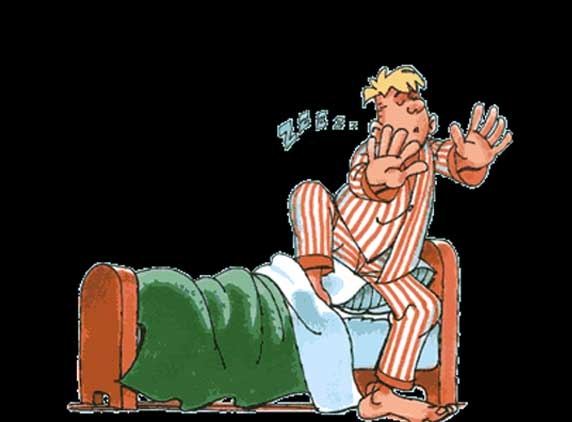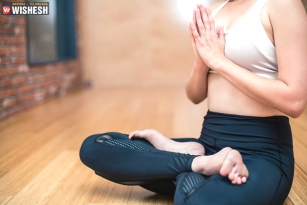
You could be caught unawares, with your room mate walking out of the dormitory and return back sometime later. He could be suffering from sleep disorder, sleep walking. Instead of feeling eerie just relax, as a study exposes that 8.4 millions in US are suffering from this. The disorder is linked between nocturnal wanderings and psychiatric disorders such as depression and anxiety. While it is assumed it could be inheritance, it is believed to be stuck to the individual from childhood.
The study conducted by researchers from Stanford University School of Medicine suggests that ` sleepwalking is much more prevalent in adults than previously appreciated’. As reported in the journal Neurology reports by Maurice Ohayon, professor of psychiatry and behavioural sciences at Stanford, who led the study, `sleepwalking can have serious consequences. Episodes can result in injuries to the wanderer or others and lead to impaired psychosocial functioning’.
From the researchers:
Apart from a study we did 10 years ago in the European general population, where we reported a prevalence of two percent sleepwalking, there are nearly no data regarding the prevalence of nocturnal wanderings in the adult general population. In the United States, the only prevalence rate was published 30 years ago. The survey was conducted on a sample of 19,136 individuals from 15 states and then used phone surveys to gather information on participants` mental health, medical history and medication use.
About Sleep walking:
Sleepwalking is a sleep disorder. There are several possible causes for sleepwalking in adults, including stress, fatigue and alcohol or drug abuse. In some cases, sleepwalking in adults can result in violent behavior. Sleepwalking occurs during the rapid eye movement (REM) phase of sleep. This is also the dream stage of sleep. Under normal conditions, as soon as a sleeper slips into REM sleep, the body becomes paralyzed to protect the person from acting out his/her dreams. However in sleepwalking this paralysis does not occur leaving the person vulnerable to harming himself or even others as he tries to enact his dreams. (With Inputs from Internet- Aarkay)



















